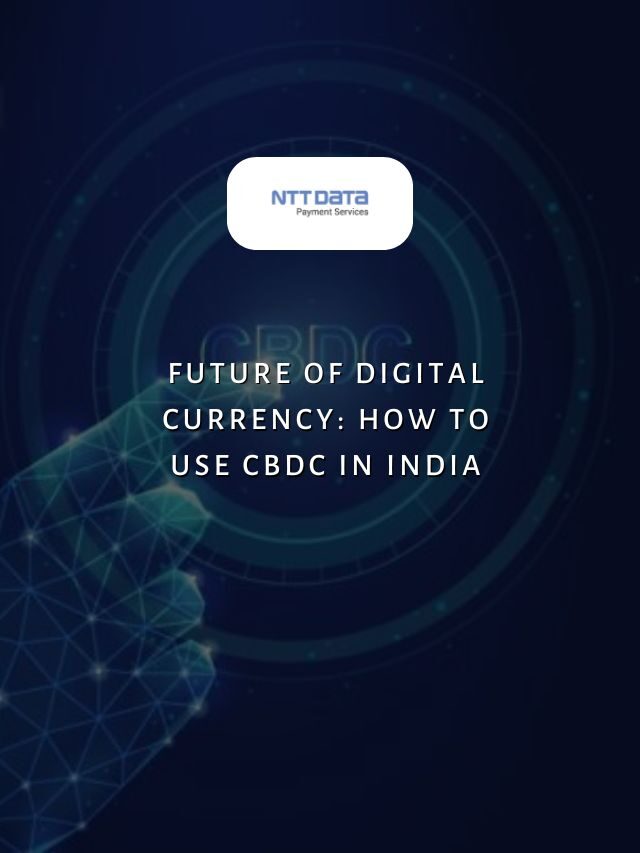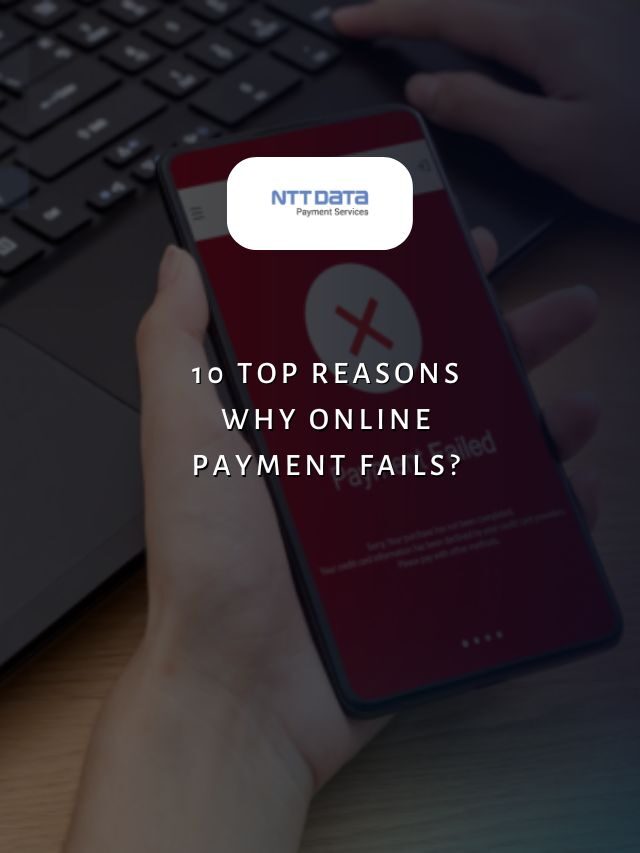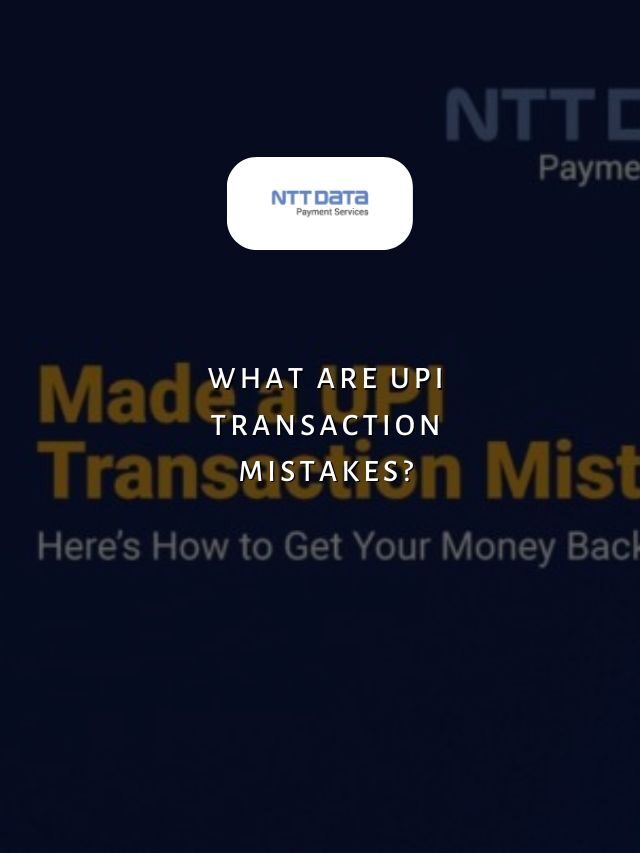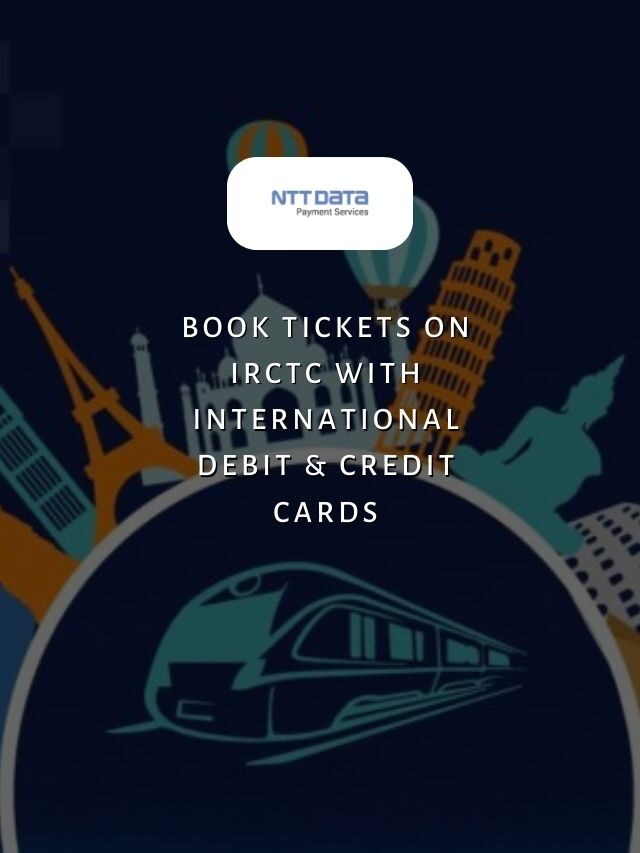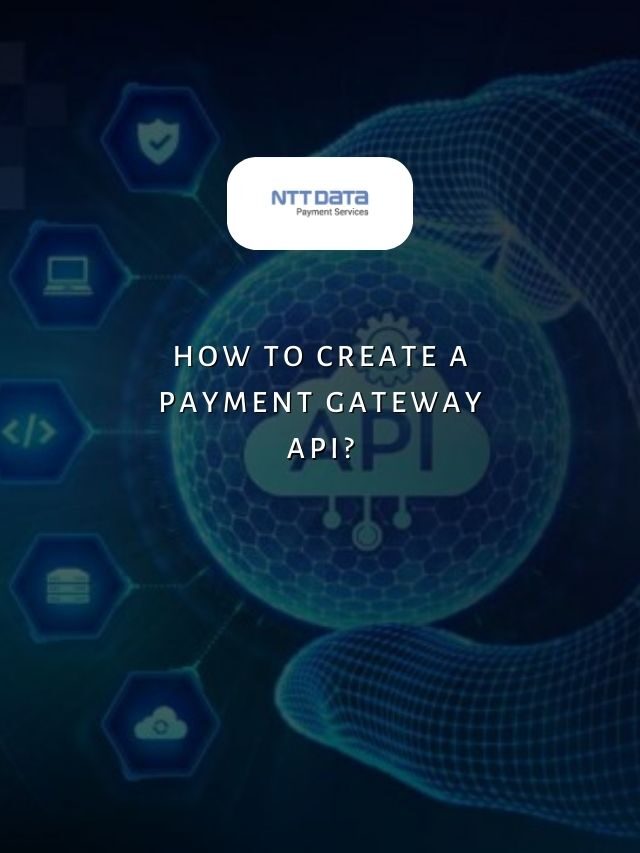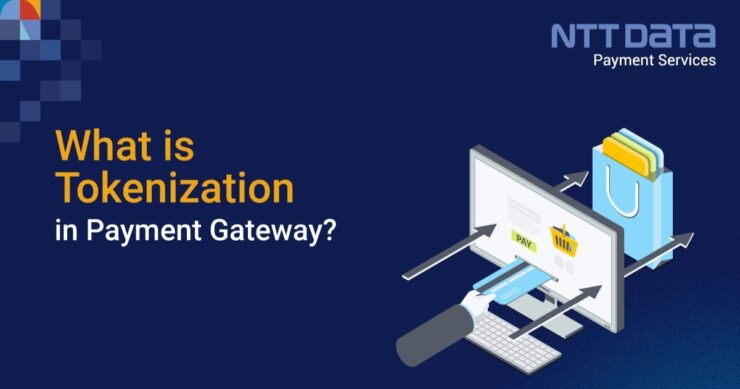
Table of Contents
Tokenisation in payment gateways is a process that replaces sensitive credit card details with unique payment tokens to facilitate secure transactions and protect consumer payment information. In this blog, we will explore the working of tokenisation in payment gateways and it’s significance.
Understanding Tokenisation in Payment
When making online payments, one of the biggest concerns for customers is security and privacy. Storing sensitive financial information like credit card numbers on merchants’ websites leaves customers vulnerable to data breaches and theft. This is where tokenisation in a payment gateway comes in.
Tokenisation addresses this issue by removing and replacing actual payment details with unique tokens during the payment process. The tokens are then used as an alias for the sensitive data to process transactions.
Even if the tokens are stolen due to a breach, they cannot be used directly as they do not contain actual account numbers. This enhances security and protects consumers from financial losses from fraud or misuse of stolen payment data.
What is Tokenisation in a Payment Gateway?
Tokenisation in a payment gateway is a process that replaces sensitive payment data with unique identification tokens or codes. These tokens are then used to conduct transactions instead of actual card details. This adds an extra layer of security by eliminating the need to store sensitive payment information on the merchant’s server.
Recent Web Stories
How Does Tokenisation Work?
The tokenisation process in a payment gateway involves the following key steps:
- During checkout, the customer enters their payment details, like the credit card number, expiry date, CVV, etc., on the merchant’s website.
- The payment gateway receives this sensitive card data and sends it to the issuing bank or a payment processor for verification and authorisation.
- Once authorised, the payment processor generates a unique token to represent the card details. This token is then stored in the processor’s database along with the actual card number.
- The processor sends this token back to the payment gateway. The gateway then passes this token to the merchant instead of the actual card number.
- The merchant stores only this token against the customer’s profile for future transactions without having access to the real payment data.
- For subsequent transactions, the stored token is used instead of collecting payment details again from the customer. The token gets validated by the processor, which completes the transaction.
So, tokenisation in a payment gateway replaces sensitive card details with unique tokens, eliminating the need for merchants to store real payment data. This adds an extra layer of security during online transactions.
Why is Tokenisation Important in Payment Gateways?
There are several key reasons why tokenisation is an important security measure for payment gateways:
- It protects sensitive consumer payment data and prevents misuse if databases are breached. Tokens do not contain real numbers, so they cannot be used directly.
- Tokens allow for seamless recurring or one-click payments without re-entering details every time. This enhances checkout convenience.
- Payment details need to be entered and stored only once during initial registration. Subsequent payments use tokens.
- Tokens expire after a limited period of inactivity, ensuring stolen tokens cannot be misused indefinitely.
- Since tokens and not real numbers are used to process transactions, it minimises liabilities for merchants in case of a data breach.
- It complies with data security regulations like PCI DSS that require protection of stored payment card details.
- Tokenisation provides an additional layer of security compared to encryption or hashing of payment data alone.
Access Seamless Online Payments with NTT DATA Payment Services
NTT DATA Payment Services offers a complete payment solution to advance both your offline and online businesses from,
- Online Payment Gateway in India
- POS machines
- IVR payments
- Mobile applications, and
- Bharat QR Scan and Pay
We ensure maximum comfort, convenience, and safety for all your payments. Our payment gateway supports tokenisation during transactions so that unique tokens replace real numbers for processing. These tokens are then used for subsequent payments by customers for a seamless checkout experience.
Conclusion
Tokenisation in payment gateways has become an important requirement to protect sensitive financial information online. By replacing actual payment details with unique tokens, the checkout process is streamlined, and merchants can accept recurring or one-click payments securely without storing real card numbers.
Tokenisation provides an additional layer of protection against fraud and financial losses due to data theft. It also ensures compliance with regulations. Overall, tokenisation in payment gateways facilitates seamless online transactions while maintaining the highest security for consumers and merchants alike.
| Also, you can get frequent updates on nttdatapayments Instagram page. |
Frequently Asked Questions (FAQs)
1. What is tokenisation?
Tokenisation is a process of replacing sensitive credit card/payment details with unique identification tokens or codes to facilitate secure online transactions.
2. How does tokenisation work?
During checkout, payment details are sent to the payment processor for verification. The processor generates a unique token against the card, which is then stored with the actual details. This token is used instead of a real card number for future transactions.
3. What are the benefits of tokenisation?
It protects sensitive data from misuse if breached, allows seamless recurring payments, stores details only once, tokens expire after inactivity, and minimises merchant liabilities.
4. Why is tokenisation important for payment gateways?
It enhances transaction security by preventing the direct use of stolen data, complies with PCI DSS, and provides an extra layer of protection compared to encryption alone.
5. Are tokens specific to a particular card or customer?
Yes, each token is uniquely mapped to a specific card and customer in the processor’s database for identification.

